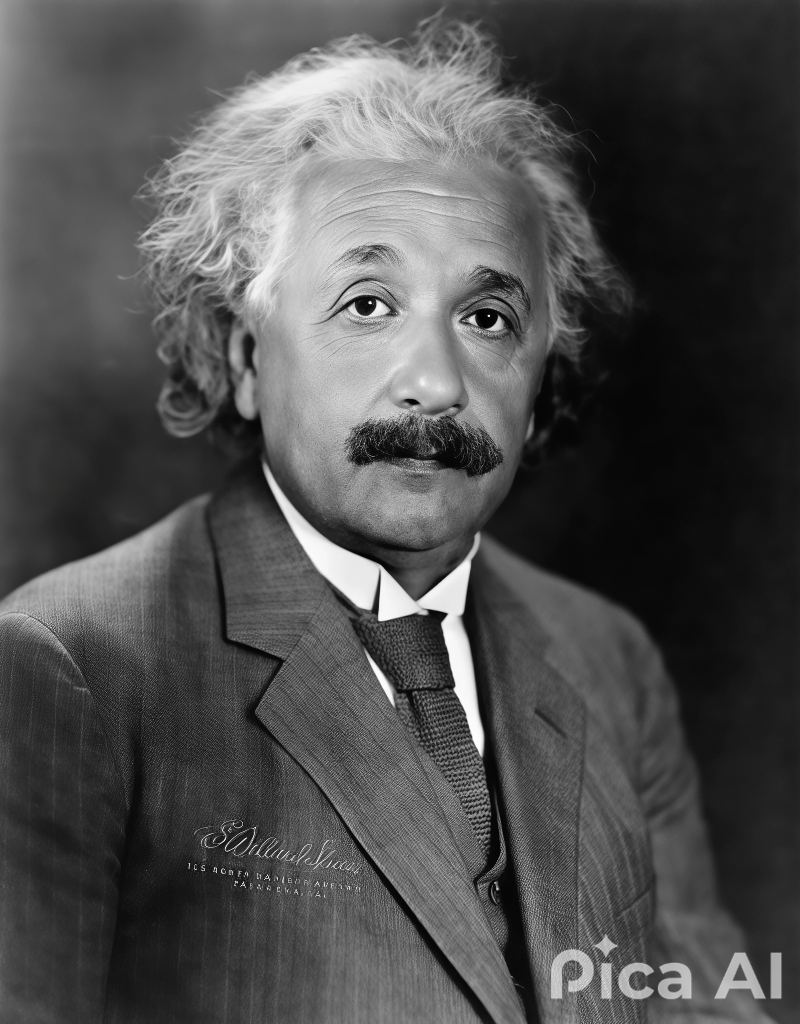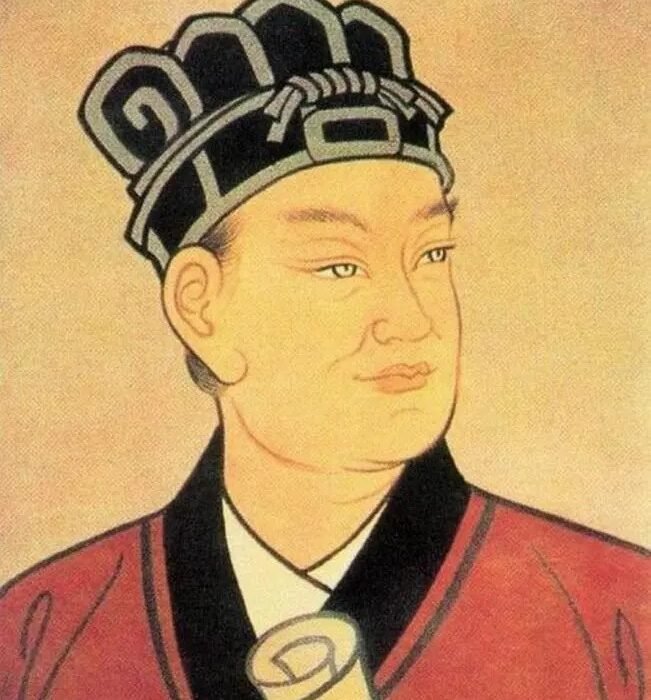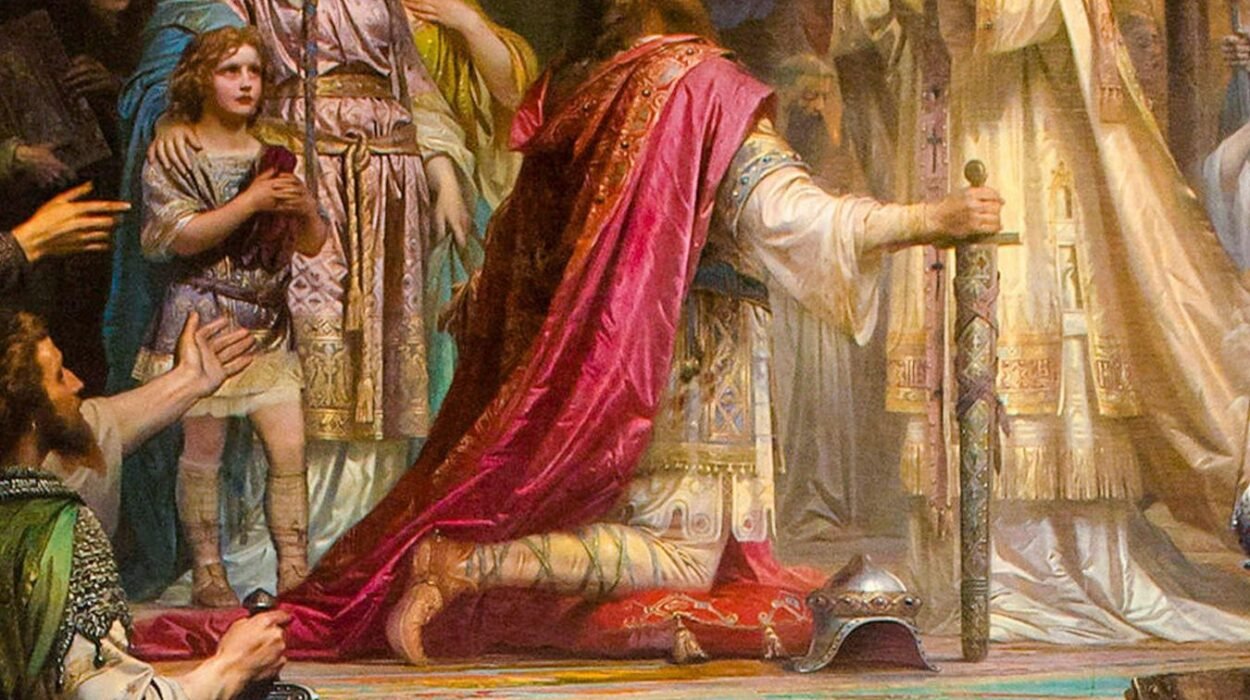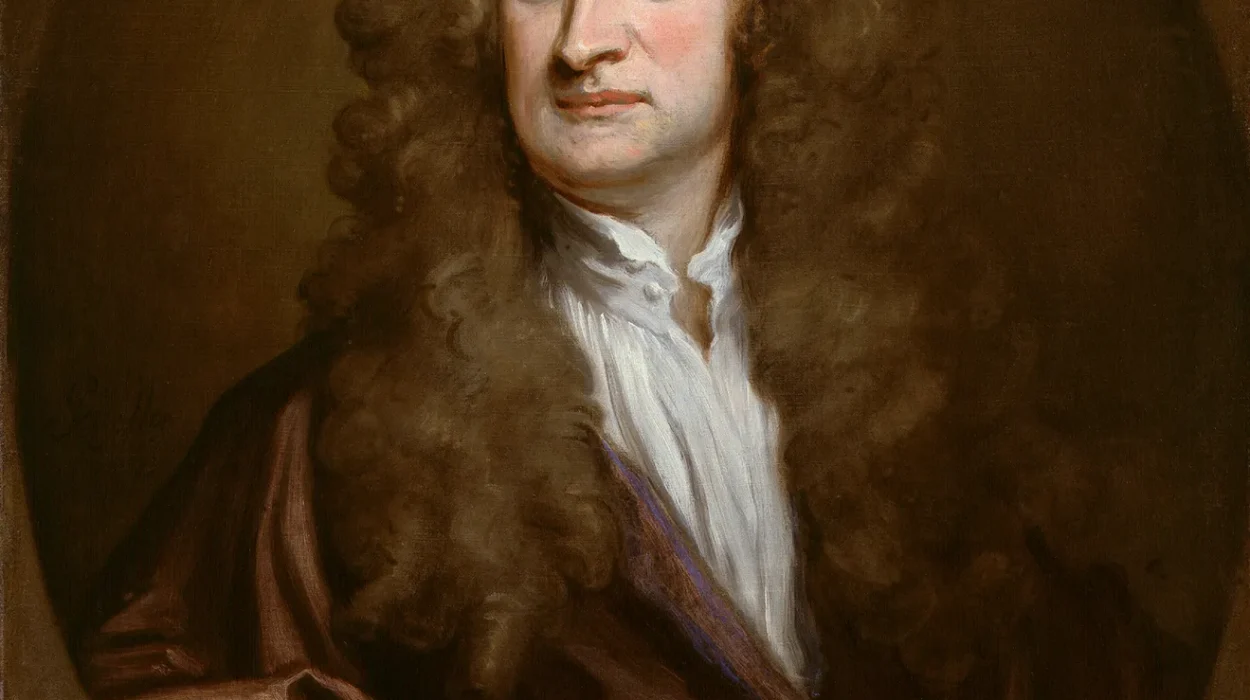History is not merely the passing of time, nor simply the rise and fall of empires. It is the story of people—of dreamers, visionaries, rebels, and thinkers whose voices echoed so loudly that they reshaped the destiny of humanity itself. Across thousands of years, countless individuals have lived and died, but a rare few left behind legacies so immense that they still ripple through the world we inhabit today.
Some of these figures carried messages of divine love, compassion, and moral law, inspiring billions to see life through new spiritual lenses. Others unlocked the hidden laws of nature, forever changing how we understand the universe and our place within it. Still others invented tools, systems, or philosophies that empowered human societies to rise from isolation into global civilizations.
These were not gods walking among mortals, but human beings—flawed, brilliant, determined, and relentless. They came from deserts and temples, palaces and obscurity, from ancient villages and modern laboratories. What unites them is the sheer magnitude of their influence: they altered the way humans think, believe, learn, and live.
This article journeys through the lives of ten of the most influential figures in human history—individuals whose ideas and actions became the bedrock of civilizations and the catalysts for revolutions in thought, science, and faith. From prophets who spoke of heaven to scientists who revealed the fabric of the cosmos, their legacies remind us that one life can change the course of all humanity.
1. Muhammad (c. 570–632 CE)
Few figures in history have had as profound an impact as Muhammad, the Prophet of Islam. Born in Mecca in 570 CE, at a time when Arabia was fragmented by tribal rivalries and steeped in polytheism, Muhammad’s teachings would unify vast swaths of the world under a new religious and cultural order.
According to Islamic belief, Muhammad began receiving revelations from God through the angel Gabriel at the age of 40. These revelations, recorded in the Quran, became the foundation of Islam, a faith that today counts over 1.9 billion followers worldwide. His message was revolutionary: one God, equality before the divine, moral accountability, and a rejection of idol worship and social injustices.
But Muhammad was not only a religious leader—he was also a statesman, reformer, and visionary. He transformed Mecca and Medina into centers of a new social, political, and ethical community. His leadership united the Arabian Peninsula, and within decades of his death, Islam had spread from Spain to India.
The impact of Muhammad’s teachings cannot be overstated. He gave rise to a civilization that advanced mathematics, medicine, astronomy, and philosophy. He reshaped religious thought, offering a monotheistic faith that directly influenced Christianity and Judaism’s historical trajectory. Today, the spiritual, cultural, and political legacy of Muhammad continues to guide nearly a quarter of humanity.
2. Jesus Christ (c. 4 BCE–30 CE)
Jesus of Nazareth, known to his followers as the Christ or “Anointed One,” is one of the most influential figures to ever walk the Earth. Born in Judea during Roman rule, Jesus preached a message of love, forgiveness, and redemption that became the foundation of Christianity, a religion followed by over 2.3 billion people today.
Though his public ministry lasted only about three years, its impact has endured for two millennia. He spoke of God as a loving father, emphasized compassion for the poor and marginalized, and challenged the rigid legalism of his time with a radical call to mercy and grace. His parables—stories of the Good Samaritan, the Prodigal Son, and the Sermon on the Mount—continue to shape moral thought across cultures.
The crucifixion of Jesus was meant to silence him, but instead, it ignited a movement. His followers proclaimed that he had risen from the dead, and from this belief grew Christianity, a faith that would spread across the Roman Empire and beyond, influencing art, philosophy, law, and governance.
Whether viewed through the lens of faith or history, Jesus’ influence is undeniable. He shaped Western civilization’s moral framework, inspired countless works of literature and art, and offered humanity a message of hope and redemption that continues to resonate across centuries.
3. Buddha (c. 563–483 BCE)
Siddhartha Gautama, known as the Buddha, was born a prince in what is now Nepal. Shielded from suffering during his early years, he eventually encountered the harsh realities of sickness, old age, and death. These encounters drove him on a spiritual quest to understand the nature of suffering and how it could be overcome.
After years of meditation and ascetic practice, Siddhartha attained enlightenment under the Bodhi tree and became the Buddha, or “Awakened One.” He spent the rest of his life teaching the Four Noble Truths and the Eightfold Path—a framework for understanding suffering and attaining liberation through mindfulness, compassion, and detachment from desire.
Buddha’s teachings spread across Asia, giving rise to one of the world’s great religions. Buddhism profoundly influenced the cultures of India, China, Japan, Tibet, and Southeast Asia, shaping philosophy, ethics, art, and even political systems.
Unlike many religious figures, the Buddha did not claim divinity but instead offered a practical path to wisdom and peace. His focus on inner transformation, meditation, and compassion continues to resonate in a modern world searching for meaning amid chaos. Today, Buddhism counts over 500 million adherents, and its influence extends far beyond religion into psychology, mindfulness practices, and global philosophy.
4. Isaac Newton (1642–1727)
Isaac Newton was not only a scientist—he was a force of nature who redefined the boundaries of human understanding. Born in England during a time of political and intellectual upheaval, Newton’s genius spanned mathematics, physics, astronomy, and philosophy.
In 1687, he published the Philosophiæ Naturalis Principia Mathematica, a work that laid the foundations of classical mechanics. With three deceptively simple laws of motion and the universal law of gravitation, Newton explained the movement of everything from falling apples to the orbits of planets. For the first time, the heavens and the Earth were united under the same laws of physics.
Newton also made groundbreaking contributions to optics, discovering that white light is composed of all the colors of the spectrum. His work in mathematics led to the development of calculus, a tool essential to modern science and engineering.
Newton’s impact went beyond science—his discoveries fueled the Enlightenment, inspiring generations to view the universe as rational, ordered, and comprehensible. In many ways, Newton was the architect of the modern scientific worldview. His genius transformed humanity’s understanding of the cosmos, making him one of the most influential figures in history.
5. Moses (c. 13th–15th century BCE, traditional dating)
Moses is revered as one of the greatest prophets and lawgivers in history. Central to Judaism, Christianity, and Islam, Moses’ life and teachings shaped the moral and religious foundations of Western civilization.
According to biblical tradition, Moses was chosen by God to lead the Israelites out of slavery in Egypt, an event remembered as the Exodus. On Mount Sinai, he received the Ten Commandments—a code of ethics and worship that remains one of the most enduring moral frameworks in human history.
Moses’ legacy lies not only in the liberation of a people but also in the establishment of law, justice, and covenant. The idea that morality is grounded in divine command, that societies should be governed by principles higher than human whim, traces its roots to Moses.
Even for those who interpret the Exodus as symbolic rather than historical, Moses stands as a figure of liberation, justice, and faith. His influence echoes in religious practice, legal systems, and cultural identity across millennia.
6. Aristotle (384–322 BCE)
Aristotle, the Greek philosopher and student of Plato, is often regarded as one of the greatest thinkers in history. His influence is so vast that he has been called “the master of those who know.”
Aristotle’s intellectual curiosity knew no bounds. He studied biology, physics, ethics, politics, logic, and metaphysics, seeking to understand both the natural and moral order of the universe. Unlike many philosophers, he emphasized observation and empirical study, laying the groundwork for the scientific method.
His works shaped Western thought for over two thousand years. In logic, he developed principles that guided reasoning. In ethics, he proposed the idea of virtue as the path to human flourishing. In politics, he analyzed constitutions and argued that humans are “political animals” who find fulfillment in community.
Aristotle’s writings became central to Islamic and Christian philosophy in the Middle Ages, influencing scholars like Thomas Aquinas. His influence is still felt in modern science, ethics, and political theory. Few thinkers have ever matched his breadth and depth, making Aristotle one of history’s most influential figures.
7. Confucius (551–479 BCE)
Confucius, the great Chinese philosopher and teacher, lived during a time of social and political turmoil. His teachings sought to restore harmony, order, and moral integrity in society.
Confucius emphasized filial piety, respect for tradition, and the importance of virtue in leadership. He believed that a just society must be built on ethical relationships—between parent and child, ruler and subject, husband and wife, elder and younger, friend and friend. His vision was not one of divine law but of moral cultivation through education and self-discipline.
His ideas, collected in the Analects, became the foundation of Confucianism, a system of thought that shaped Chinese culture, government, and education for over two millennia. Confucian values influenced East Asia profoundly, embedding respect for authority, family, and learning into the fabric of society.
Even today, Confucianism shapes the ethos of nations like China, Korea, and Japan. More than a philosophy, it became a way of life, one that continues to guide millions seeking order, balance, and virtue in a complex world.
8. Johannes Gutenberg (c. 1400–1468)
Johannes Gutenberg, a German inventor, changed the course of human history with a single invention: the printing press. Before Gutenberg, books were laboriously copied by hand, limiting knowledge to the elite few who could afford manuscripts. Gutenberg’s movable type printing press, developed around 1440, democratized knowledge in a way never seen before.
The printing press allowed for the mass production of books, spreading literacy, ideas, and information at an unprecedented scale. The Gutenberg Bible became the first major book printed using this technology, marking the beginning of a new age.
His invention fueled the Renaissance, the Reformation, and the Scientific Revolution. Ideas could now spread rapidly across borders, empowering individuals and challenging authority. The very concept of public education and the rise of a literate middle class can be traced back to Gutenberg’s press.
Today, every printed book, newspaper, and digital text owes its existence to the revolution Gutenberg sparked. By unlocking the power of the written word for the masses, he forever altered the trajectory of human civilization.
9. Albert Einstein (1879–1955)
Albert Einstein is perhaps the most iconic scientist of the modern era. With his wild hair, playful demeanor, and penetrating intellect, he became a symbol of genius itself. But beyond the legend lies a man whose theories redefined the very fabric of the universe.
Einstein’s theory of special relativity (1905) introduced the world to the idea that space and time are interwoven, with the speed of light as a universal constant. His famous equation (E = mc^2) revealed the equivalence of mass and energy, paving the way for both nuclear power and nuclear weapons.
In 1915, Einstein published the general theory of relativity, a breathtaking achievement that described gravity as the warping of spacetime. This theory revolutionized cosmology, predicting phenomena like black holes and gravitational waves—discoveries confirmed a century later.
Einstein was not only a physicist but also a humanitarian. He spoke against war, racism, and authoritarianism, advocating for peace and global unity. His life embodied both scientific brilliance and moral courage. Today, his ideas continue to shape physics, technology, and our understanding of the universe.
10. Louis Pasteur (1822–1895)
Louis Pasteur was a French chemist and microbiologist whose discoveries saved millions of lives and transformed medicine. His work on germ theory revolutionized our understanding of disease, proving that microorganisms were responsible for infections.
Pasteur developed vaccines for rabies and anthrax, pioneered pasteurization to make milk safe, and laid the foundations for modern microbiology. His insights gave rise to sterilization, hygiene practices, and the development of antibiotics—all crucial in the fight against deadly diseases.
But Pasteur’s impact was more than medical—he transformed how humanity viewed life itself. By demonstrating that microbes caused disease, he dismantled centuries of superstition and opened the door to a new era of scientific medicine.
Today, every vaccination, every sterile surgery, and every safe sip of milk bears the mark of Pasteur’s genius. His legacy is one of compassion, discovery, and a relentless pursuit of knowledge for the betterment of humanity.
Conclusion: The Enduring Power of Human Legacy
When we look back at the vast sweep of human history, we see empires rise and crumble, cultures blossom and fade, and technologies emerge and transform the world. Yet beneath all these grand movements lies something even more profound: the power of individual lives to change the destiny of humanity.
The ten figures explored here—prophets, philosophers, scientists, and inventors—did not merely exist in their own time; they reached across centuries and continents, touching hearts, minds, and societies long after their deaths. Muhammad and Jesus carried messages that became the lifeblood of faith for billions. Buddha, Confucius, and Moses shaped the moral and spiritual frameworks that still guide civilizations. Aristotle built the intellectual scaffolding upon which philosophy and science continue to rest. Gutenberg gave humanity the power to spread knowledge without boundaries. Newton and Einstein unraveled the mysteries of the cosmos, forever changing how we see reality. Pasteur gave us science’s most practical gift: the power to fight disease and preserve life.
Together, their legacies remind us that history is not inevitable—it is shaped by the courage of individuals who dared to think differently, who spoke truths in times of doubt, who labored against ignorance, and who believed that humanity could be more than it was. Their voices, though separated by millennia and geography, form a chorus of human greatness that still resounds today.
And perhaps the most important lesson of all is this: the story of history’s greatest figures is not finished. Each generation produces new visionaries, new leaders, new dreamers who can bend the arc of history. Their example calls to us, reminding us that influence is not reserved for the chosen few—it is the potential of every human life. The true legacy of these giants is not only in what they gave the world, but in what they inspire us to give in return.





